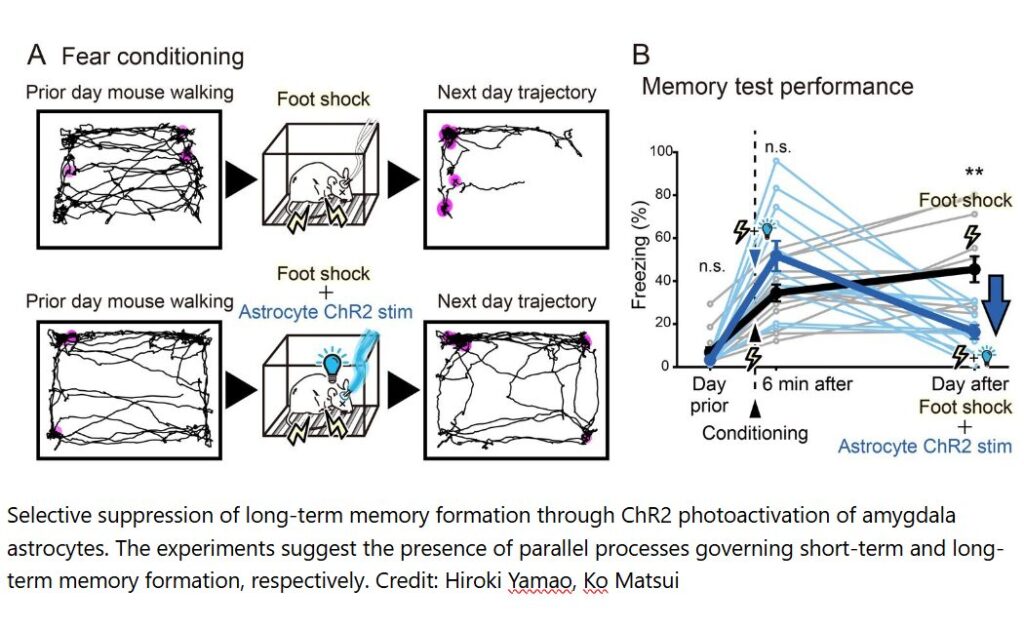
Researchers at Baylor College of Medicine, Stanford University School of Medicine and collaborating institutions report in the journal Cell the discovery of BHB-Phe, a novel compound produced by the body that regulates appetite and body weight through interactions with neurons in the brain.
Until now, BHB has been known as a compound produced by the liver to be used as fuel. However, in recent years, scientists have found that BHB increases in the body after fasting or exercise, prompting interest in investigating potential beneficial applications in obesity and diabetes.
In the current study, the team at Stanford University led by co-corresponding author Dr. Jonathan Z. Long, associate professor of pathology, discovered that BHB also participates in another metabolic pathway...
Read More









Recent Comments